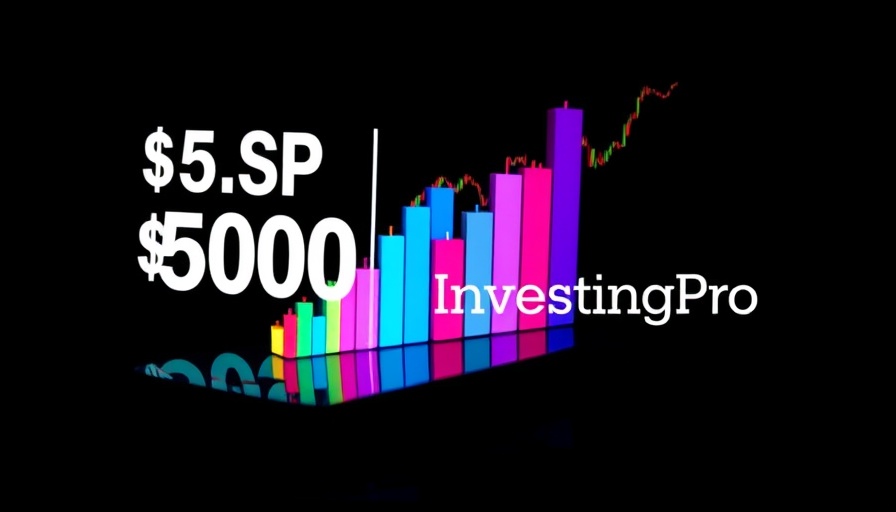
South Africa's VAT Hike Reversal: A Moment of Relief for Consumers
In a notable shift from its previous plans, South Africa's finance ministry announced that it will not proceed with the proposed increase of value-added tax (VAT), which was set to take effect on May 1, 2025. This decision comes at a critical moment when many citizens are grappling with rising costs of living and economic uncertainty.
Political Climate Influences Economic Decisions
The decision to withdraw the VAT hike stems largely from political pressures, with opposition parties voicing their concerns about the impact it would have on everyday citizens. The proposed 1-percentage-point increase, spread over two years, was met with strong resistance, as critics argued it would disproportionately burden lower and middle-income households. This political maneuvering highlights the delicate balance governments must strike between fiscal policy and public sentiment.
Understanding VAT and Its Implications
Value-added tax is a major source of revenue for the South African government; it is levied on most goods and services. The initial plan to raise VAT was intended to address budget deficits and fund essential public services. However, the unintended consequences of such tax hikes can hinder consumption and dampen economic growth—the very aims that the VAT was supposed to support.
The Broader Economic Context
South Africa's economy is at a crucial juncture, facing challenges such as high unemployment rates and inflation that exceeds global averages. The withdrawal of the VAT hike brings temporary relief to consumers, but long-term solutions are essential for economic stability. The government might need to explore differing approaches to enhance revenue without placing additional strains on the populace.
Future Predictions: What Lies Ahead for Taxation?
Looking ahead, South Africa's leadership may consider alternative tax reforms that promote growth while ensuring equity. Experts suggest that bolstering sectors like tourism and technology could provide new avenues for revenue. As discussions progress, it will be crucial for the government to engage with stakeholders across the spectrum—from political actors to everyday citizens—to forge a path that truly supports a recovering economy.
Relevance of Economic Strategies to Investment Decisions
The cancellation of the VAT hike is not merely a political footnote; it holds significant implications for investment strategies across various sectors. Stability in tax policy can influence investor confidence, which is critical in sectors such as real estate, technology, and emerging markets. Investors looking toward South Africa may view this development as a sign that the government is responsive to public needs, potentially positively impacting stock market performance.
Takeaway: Engaging with Economic Changes
The government's swift decision to withdraw the VAT increase may have immediate effects, but its long-term success will depend on a balanced approach to taxation and fiscal responsibility. As South Africans navigate their economic landscape, it is essential they remain informed about policy changes and their potential impact on overall economic health.
As we look ahead, it’s imperative to stay updated on taxation trends and their implications for various investment strategies to make informed decisions. For those interested in exploring options within this evolving market, it’s vital to remain engaged and proactive. Monitor economic indicators closely and consider consulting with financial advisors to navigate these changes effectively.
 Add Row
Add Row  Add
Add 



Write A Comment